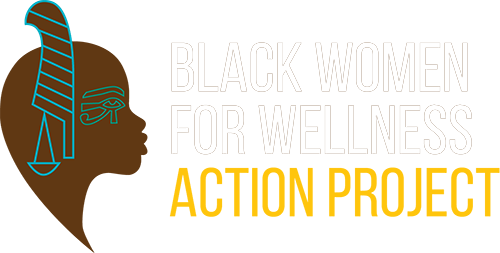Why it matters
California’s foster youth and nonminor dependents experience disproportionately high rates of sexually transmitted infections, unintended pregnancy, and poor access to prenatal care. This burden falls heavily on Black youth, who are overrepresented in our state’s foster system by 3.1x their share of the general population. This is a complex and intersectional issue, but there are some immediate ways we can support these youth. Providing financial support to expectant parents is shown to reduce negative maternal and child health outcomes of stillbirth, miscarriage, low birth weight, and complicated pregnancy.
What our bill does
AB 366 improves upon existing law in three ways: it extends expectant foster youth’s infant supplement payments by three months to cover the final term of pregnancy; it ensures foster youth have access to comprehensive sexual health education, rights, and services; and it creates transparency through additional data reporting.
